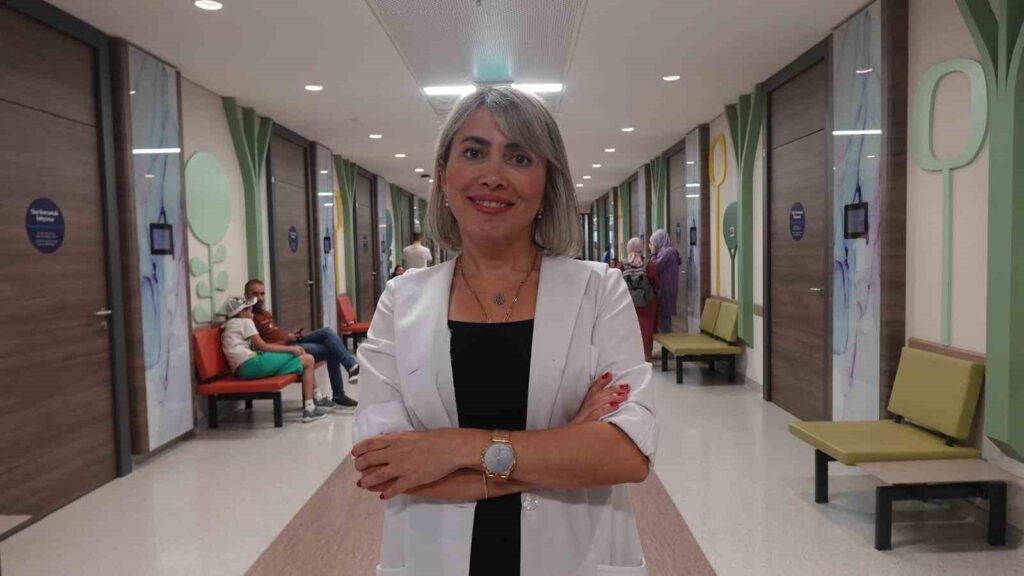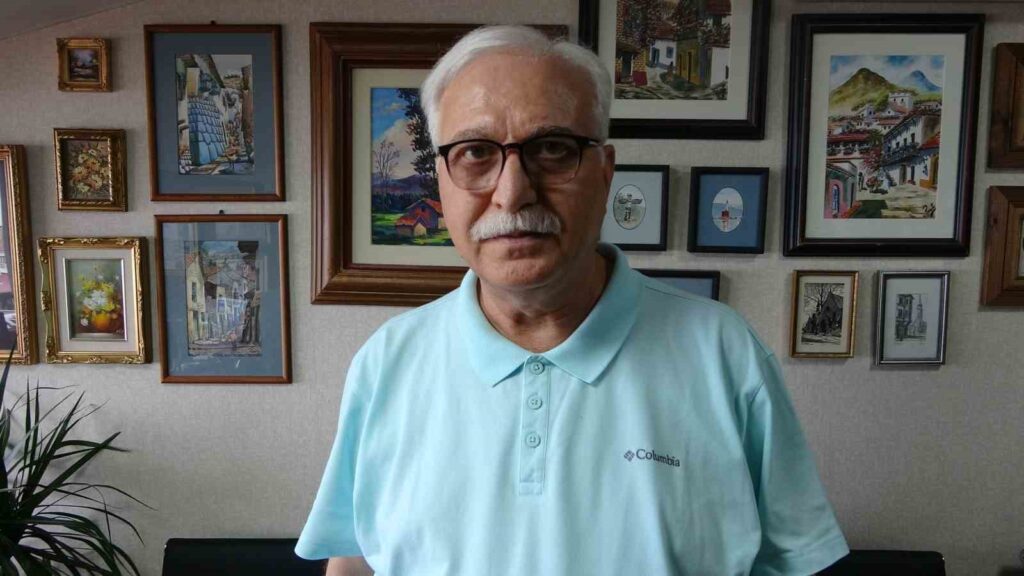Do not neglect your children who have delays in muscle strength and development.
On World Duchenne Awareness Day, experts made warnings to raise awareness among families. Emphasizing that Duchenne Muscular Dystrophy (DMD) is a progressive muscle disease, Child Neurology Specialist Prof. Dr. Yasemin Topçu stated, “Muscle weakness and …

On World Duchenne Awareness Day, experts urged families to raise awareness. Emphasizing that Duchenne Muscular Dystrophy (DMD) is a progressive muscle disease, Pediatric Neurology Specialist Prof. Dr. Yasemin Topçu stated, “In all male children experiencing muscle weakness and developmental issues, DMD should primarily be investigated.”
Prof. Dr. Yasemin Topçu from Medipol Health Group explained the initial stages and developmental processes of the disease on World Duchenne Awareness Day. She stated that Duchenne Muscular Dystrophy, abbreviated as DMD, is a genetically inherited and progressive muscle disease. “The cause of the disease is the inability to produce a protein called dystrophin, which is found in the muscle structure due to a genetic problem. The muscle structure becomes sensitive and gradually begins to deteriorate. Thus, muscle weakness appears in children,” she noted.
“Delay in walking, frequent falling, quick fatigue”
Prof. Dr. Topçu emphasized that the main complaints of DMD are weakness and quick fatigue. “In addition, there may be delays in sitting unsupported, delays in walking, walking on tiptoes, and frequent falling complaints in children. Even without any symptoms, blood tests can reveal signs of liver function impairment, which can lead to the understanding of this disease,” she expressed.
Families should be cautious
Stating that the disease is progressive, Prof. Dr. Topçu said, “The disease affects many systems. The faulty protein is present in the heart as well as in the brain. Over time, problems can arise in the heart and brain. In the advancing stages, children may experience learning difficulties, which can also trigger poor academic performance. The disease, which has many types, is generally seen in male children. DMD should primarily be investigated in all male children experiencing muscle weakness and developmental issues.”
Research for treatment is ongoing
Highlighting that there is no definitive treatment for the disease, Prof. Dr. Topçu mentioned, “There is no very effective treatment available. However, genetic research has intensified lately. Certain genetic markers are necessary for genetic therapies to exist. Not every patient can receive genetic treatment. A treatment method approved worldwide is being developed starting from March 2024. Research is ongoing indicating that it may be applicable to children over the age of 6 who have DMD. These studies continue to increase each year.”







